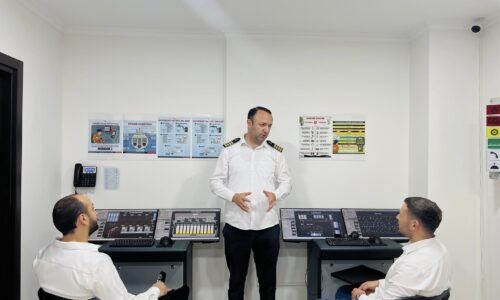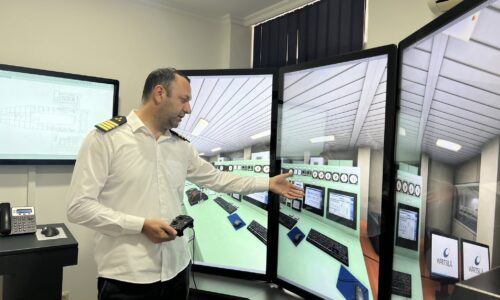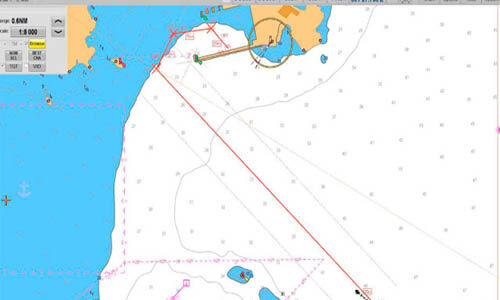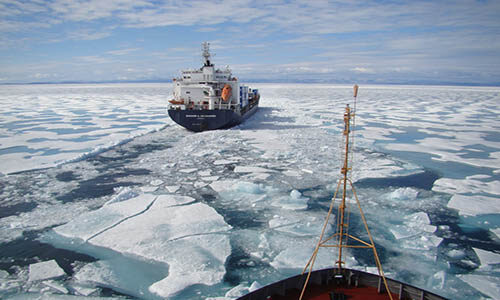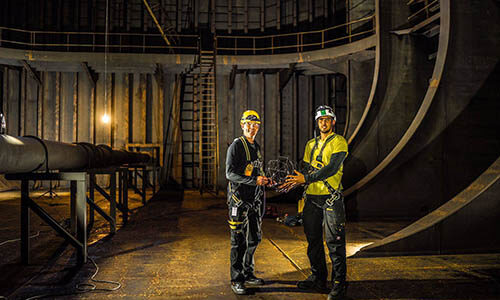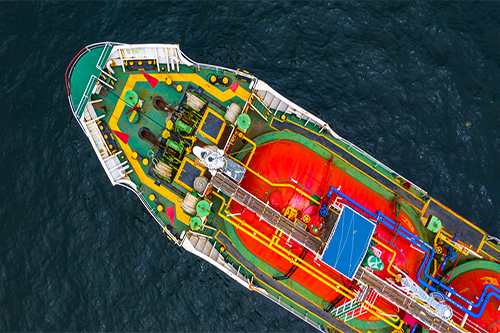
After successfully passing the training program, the trainee should:
- have knowledge of cargo stowage plan on board, safe loading and unloading of liquefied gas cargo;
- be aware of marine pollution prevention;
- be able to maintain the stability and navigability of the ship;
- understand of the ship’s structure and systems;
- be aware of pump and piping systems monitoring;
- have knowledge of ballast and cargo systems operation;
- be aware of a description of the data displayed;
- know the construction and equipment of LNG /LPG tankers;
- have knowledge of cargo transportation;
- be aware of actions in case of an emergency;
- be aware about the international Maritime Organizations Conventions particularly developed for this specific subject.
Entry Standards for admission to the training course are:
- Certificate of Competency, Education Certificate, or Certificate of Proficiency (according to the requirement of the specific fields as defined by the international or national regulations);
- Seamen’s book, Civil passport, or ID.
| Duration | 40 hours |
| language | English |
| Students | 1-6 |
| Assessment | 1 |
| Price | 500 $ |
Course Features
- Lecture 0
- Quiz 0
- Duration 10 weeks
- Skill level All levels
- Language English
- Students 0
- Assessments Yes


